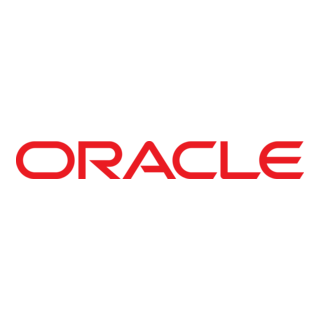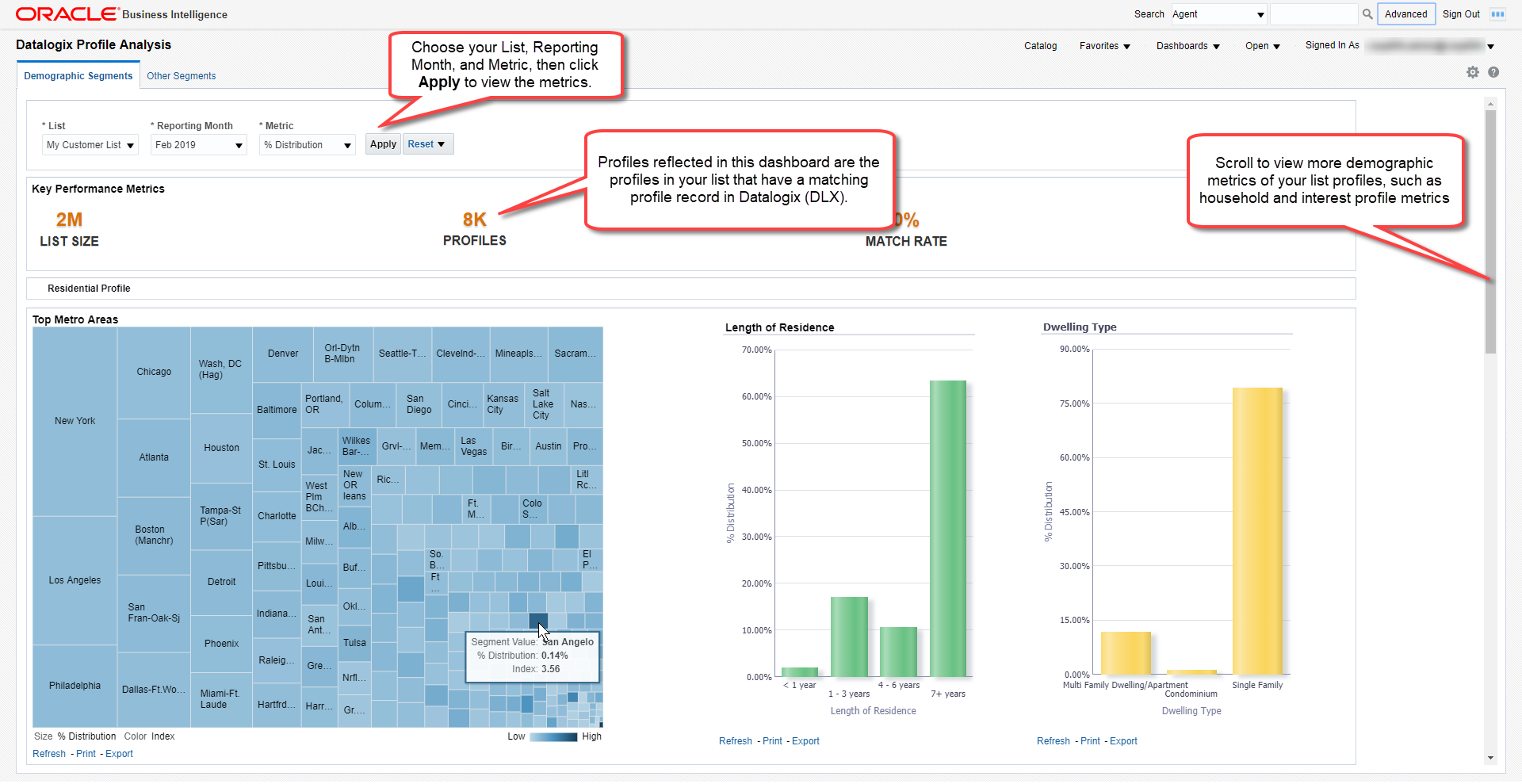
Oracle Marketing Cloud: Complete Buyer's Guide
Enterprise-grade B2B marketing automation solution
Oracle Marketing Cloud represents the enterprise-grade B2B marketing automation solution for organizations requiring sophisticated customer journey orchestration within secure, regulated environments. Built on Oracle's isolated cloud infrastructure, the platform delivers native AI capabilities through Eloqua Advanced Intelligence while maintaining strict data governance standards unavailable in multi-tenant alternatives.
Market Position & Maturity
Market Standing
Oracle Marketing Cloud occupies a specialized position within the enterprise marketing automation landscape, focusing on B2B organizations requiring sophisticated data governance and regulatory compliance capabilities rather than competing as a general-purpose marketing platform.
Company Maturity
Market maturity indicators demonstrate Oracle's established enterprise presence, with the platform serving regulated industries including financial services and healthcare where data isolation provides competitive advantage[40][42].
Industry Recognition
Industry recognition centers on Oracle's broader enterprise software leadership rather than specific marketing automation awards, with the platform benefiting from Oracle's established enterprise relationships and comprehensive technology ecosystem.
Longevity Assessment
The company's long-term viability is supported by its diversified enterprise software portfolio and established market presence, providing buyer confidence in continued platform development and support.
Proof of Capabilities
Customer Evidence
Oracle Marketing Cloud demonstrates documented success patterns among enterprise customers, with specific case studies providing quantified business outcomes and measurable performance improvements. Fluke Corporation achieved 800% ecommerce revenue growth and 52% repeat customer rates through Eloqua's personalization capabilities, representing substantial business transformation within the industrial equipment sector[48]. Bonnier Media reported 1,862% year-over-year inbound registration growth using 60 lead scoring models, with an additional 164% Facebook lead revenue increase, demonstrating the platform's sophisticated lead management capabilities in media and publishing[48].
Quantified Outcomes
Performance validation extends beyond individual case studies to include measurable AI capability improvements. Customer implementations show 63% improvement in open rates over baseline through send-time optimization, with AI-driven delivery timing predictions targeting specific engagement windows[47]. The platform's fatigue analysis reportedly achieves 45% email spam reduction through engagement-based send frequency adjustments, providing measurable improvements in email deliverability and recipient experience[47].
Market Validation
Market validation includes documented enterprise adoption patterns, with organizations managing complex buying committees and extended sales cycles finding particular value in the account intelligence scoring system[47][45].
Competitive Wins
Competitive wins and market displacement evidence includes organizations choosing Oracle Marketing Cloud over alternatives due to specific regulatory requirements and data governance needs. The platform's isolated cloud infrastructure provides capabilities unavailable through multi-tenant solutions, particularly valuable for healthcare and financial services requiring strict data governance[40][42].
Reference Customers
Reference customer evidence spans multiple industries, with documented implementations in industrial equipment (Fluke), media and publishing (Bonnier), and various B2B sectors requiring sophisticated marketing automation capabilities. These implementations typically require 3-6 months for full ROI realization and substantial resource commitment, reflecting the platform's enterprise-grade complexity and comprehensive capabilities[49][52].
AI Technology
Oracle Marketing Cloud's AI functionality centers on Eloqua Advanced Intelligence, delivering four core capabilities with documented customer impact and measurable performance outcomes.
Architecture
Oracle Marketing Cloud's competitive positioning leverages native Oracle Cloud Infrastructure integration, ensuring data isolation with no cross-customer data sharing[40][42]. This architecture particularly benefits regulated industries requiring strict data governance, providing isolated data processing unavailable in multi-tenant solutions.
Competitive Advantages
Oracle Marketing Cloud's competitive strengths center on data security and enterprise integration capabilities that differentiate it from general marketing automation platforms, with the native Oracle Cloud Infrastructure architecture providing isolated data processing unavailable in multi-tenant solutions[40][42].
Market Positioning
Market positioning analysis reveals Oracle Marketing Cloud as a specialized enterprise solution rather than a general-purpose marketing automation platform, with Sprinklr dominating unified campaign orchestration across 30+ channels and achieving 50% content production cost reduction for comprehensive multichannel management[36][39]. Oracle Marketing Cloud focuses on B2B automation with deeper CRM integration, serving organizations requiring sophisticated account-based marketing rather than omnichannel strategies.
Win/Loss Scenarios
Win/loss scenarios depend primarily on existing technology investments and regulatory requirements, with organizations having significant Oracle infrastructure investments benefiting from native integration capabilities unavailable through third-party platforms. Regulated industries requiring isolated data processing find Oracle's architecture compelling despite higher complexity, while organizations prioritizing rapid deployment, intuitive interfaces, or comprehensive social media management may achieve better outcomes with specialized alternatives like HubSpot, Salesforce Marketing Cloud, or Sprinklr.
Key Features

Pros & Cons
Use Cases
Integrations
Featured In Articles
Comprehensive analysis of AI Multichannel Marketing for AI Marketing & Advertising for AI Marketing & Advertising professionals. Expert evaluation of features, pricing, and implementation.
How We Researched This Guide
About This Guide: This comprehensive analysis is based on extensive competitive intelligence and real-world implementation data from leading AI vendors. StayModern updates this guide quarterly to reflect market developments and vendor performance changes.
59+ verified sources per analysis including official documentation, customer reviews, analyst reports, and industry publications.
- • Vendor documentation & whitepapers
- • Customer testimonials & case studies
- • Third-party analyst assessments
- • Industry benchmarking reports
Standardized assessment framework across 8 key dimensions for objective comparison.
- • Technology capabilities & architecture
- • Market position & customer evidence
- • Implementation experience & support
- • Pricing value & competitive position
Research is refreshed every 90 days to capture market changes and new vendor capabilities.
- • New product releases & features
- • Market positioning changes
- • Customer feedback integration
- • Competitive landscape shifts
Every claim is source-linked with direct citations to original materials for verification.
- • Clickable citation links
- • Original source attribution
- • Date stamps for currency
- • Quality score validation
Analysis follows systematic research protocols with consistent evaluation frameworks.
- • Standardized assessment criteria
- • Multi-source verification process
- • Consistent evaluation methodology
- • Quality assurance protocols
Buyer-focused analysis with transparent methodology and factual accuracy commitment.
- • Objective comparative analysis
- • Transparent research methodology
- • Factual accuracy commitment
- • Continuous quality improvement
Quality Commitment: If you find any inaccuracies in our analysis on this page, please contact us at research@staymodern.ai. We're committed to maintaining the highest standards of research integrity and will investigate and correct any issues promptly.